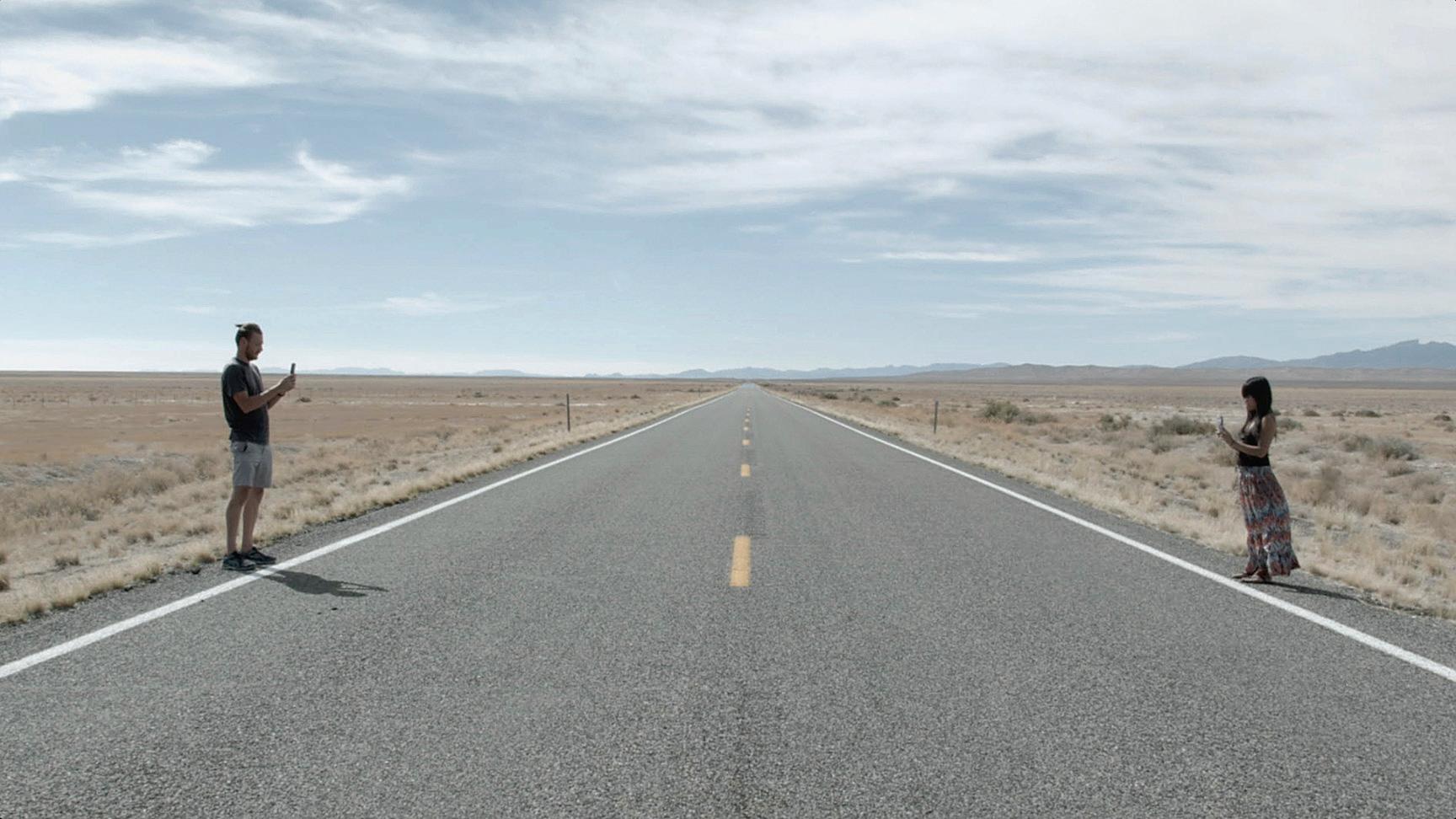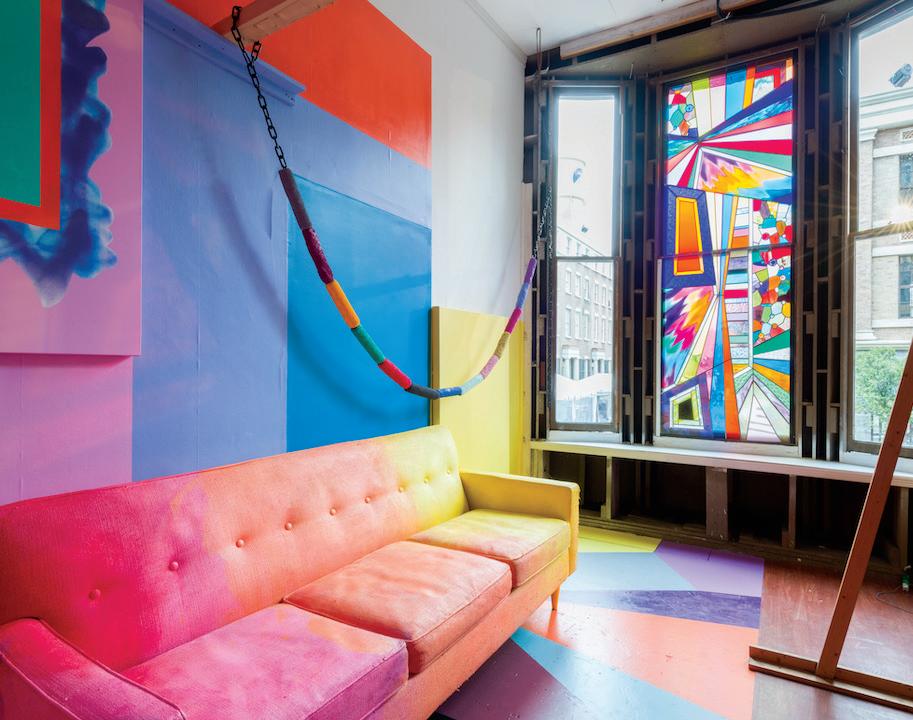
2 minute read
Performing Arts in the COVID-19 Era
What happens to performing arts when people are asked to maintain social distancing? At the Momentary, performing arts span a wide range of live and experiential media ranging from music, theater, dance, performance art, film screenings, and festivals: events that have typically required people to gather in the same physical space. When quarantine hit and gathering was no longer an option, artists (and programmers) had to get creative.
As with many of its offerings, the Momentary turned to the digital realm to keep the lines of communication open between audiences and performing arts. In May, for example, artists Nick Vaughan and Jake Margolin completed a virtual artist residency by connecting with audiences via Zoom to share the findings of their Arkansas state-specific project, The Ballad(s) of Jesse, and collaboration with New Orleans-based artist free feral.
In addition to events such as the Virtual Concert Series, Sunday Resets, and Spotify playlists, the Momentary was also not afraid to experiment. In the summer, the space hosted the Momentary Tower Talent Show, an opportunity for local residents and creatives to participate in a virtual event that showcased visual, performing, or culinary arts talents in a 30-second-or-less video to be projected on the Momentary Tower. Out of 166 responses, the Momentary selected 10 outstanding creative videos that were projected on the Tower and through social media channels.
The Future of Performance Art
While most visual art can be viewed safely, performance art demands interaction or viewing between humans. With the distancing restrictions placed upon society to prevent the spread of COVID-19, many institutions and artists around the world are wondering how the pandemic will affect the future of performance art.
The Momentary did the same, hosting the INVERSE Performance Art Digital Festival 2020 in November. The three-day, multi-platform digital festival presented a series of performance works and introductory conversations with artists that explored concepts in our collective 2020 experience, such as shifting identities, intimacy and vulnerability, and activism. The artists included Ayana Evans, Marcela Torres, Tsedaye Makonnen, Sichong Xie, and many more.
“We’re in a moment of experimentation, rawness, process... all the things that I love about performance art,” said Cynthia Post Hunt, programmer, dance/theater. “So in that way, a lot hasn’t changed, but we do anticipate more hybridity—both in modes of practice and presentation—and more collaboration between the physical and digital spaces.”
Regardless of what happens next, the Momentary will continue to think creatively alongside artists to keep the connection between artists and audiences open.
In total, the Momentary hosted more than 40 programs through virtual channels and still continues to do so while offering safe, socially distanced programming on-site.










